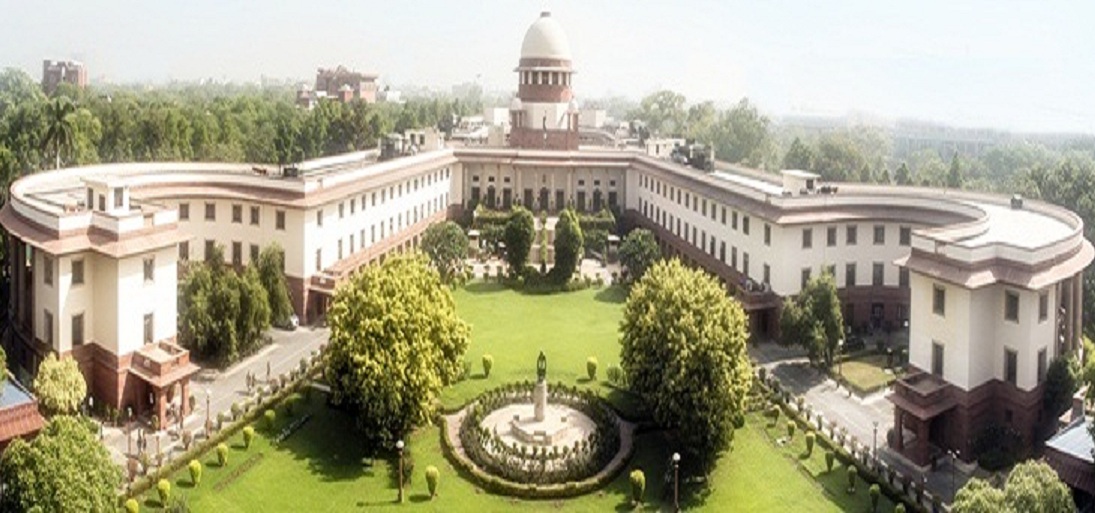The unanimous decision of the Supreme Court's Constitution Bench overturned the 1998 judgment in the PV Narasimha Rao case. Chief Justice DY Chandrachud, expressing a different viewpoint, stated, “We disagree with the judgment in the PV Narasimha case, which grants immunity to a legislator for alleged bribery for making a speech or vote in a particular manner in the House that has wide ramifications.”
The apex court emphasized that corruption and bribery by legislators undermine the functioning of Indian Parliamentary democracy. The bench, led by the Chief Justice, noted that bribery is not protected by Article 105 or 194.
“A member engaging in bribery commits a criminal act that is not essential for casting a vote or giving a speech in the legislature,” said the Chief Justice.
The Supreme Court highlighted that the interpretation of the PV Narasimha judgment contradicts Articles 105 and 194 of the constitution. The court criticized the interpretation for creating a paradoxical situation where a legislator is granted immunity when they accept a bribe and subsequently vote in the agreed direction.
Chief Justice Chandrachud further noted that the offense of bribery is established upon taking illegal gratification, irrespective of whether the vote or speech occurs later.
Following the verdict, Advocate Ashwini Upadhyay clarified that the apex court's judgment makes it clear that legislators accepting bribes to ask questions or cast votes in the legislature will not be immune to prosecution. He emphasized that accused legislators will not receive special treatment but will face charges of corruption.
“The Supreme Court ruled that asking questions or casting votes by taking bribes is equivalent to destroying India's parliamentary democracy,” stated the lawyer.
The seven-judge bench, led by the Chief Justice of India, reserved the order in October after hearing submissions. The other judges on the bench include Justices AS Bopanna, MM Sundresh, PS Narasimha, JB Pardiwala, Sanjay Kumar, and Manoj Misra.
Previously, a five-judge bench had referred the matter to a larger seven-judge bench, considering it an important issue with a significant impact on the morality of the polity. The court emphasized that the purpose of Article 105(2) and Article 194(2) is to ensure that members of parliament and state legislatures can fulfill their duties freely without fear of consequences.
(Inputs from ANI)




















